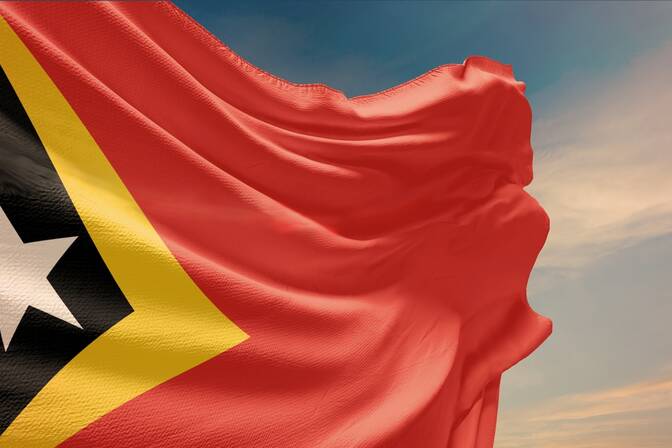Independence Day
May 20, Tuesday

History of the holiday
East Timor was a colony of Portugal until 1975, when the country declared its independence. However, shortly after, East Timor was occupied by Indonesia, leading to years of conflict and brutal repression of the local population. In 1999, after a referendum in which the majority of East Timor's residents voted for independence, a new wave of violence ensued from Indonesian military and militia forces.
However, the international community pressured Indonesia, and in 2002, East Timor became an independent state. May 20th became the official independence day when the country was recognized by the global community.
Meaning of the holiday
East Timor Independence Day holds great significance for the citizens of the country, as it is a reminder of the long journey to freedom and self-governance. This day symbolizes the victory over colonialism and occupation, as well as the expression of pride in the country's achievements, despite all the challenges it has faced.
How it is celebrated
Independence Day in East Timor is celebrated with solemn events such as:
* Parades and official ceremonies
* Speeches by political and public leaders
* Cultural events, including concerts, dances, and folk festivals
* Public prayers and thanksgiving services
Additionally, educational activities are held to raise awareness about the importance of independence and free elections.
Meaning for the citizens
For the citizens of East Timor, Independence Day is a time to reflect on the struggle for freedom and national unity. It is a day when they can be proud of their history and of being part of the global community of independent nations. On this day, events often take place that help strengthen national identity and unity among the people.
Interesting fact
East Timor is one of the youngest countries in the world. After regaining independence in 2002, the country began the process of reconstruction and economic development, with a strong focus on preserving its culture and traditions.
